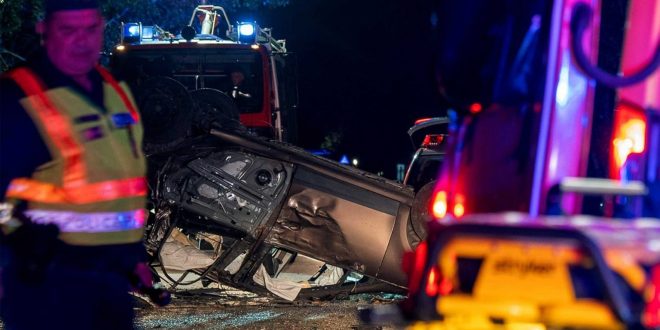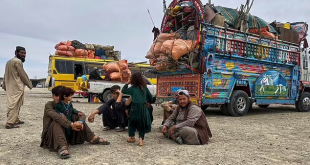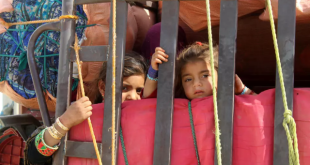AT News
KABUL – Afghan criminal gangs are the spotlight of a violent gang rivalry along Serbia’s borders with Hungary, which has turned into a war zone because of constant fighting and gunfire between human traffickers who now see Serbia as their home.
Originally dominated by Syrian gangs, these criminal enterprises have evolved, now predominantly featuring Afghan and Moroccan groups engaged in territorial and financial disputes. The border region, once lush with forests, has transformed into a battleground, witnessing clashes that have left casualties in their wake.
The situation escalated dramatically in July 2022 when a fierce confrontation between rival Afghan gangs resulted in one fatality and several injuries, including a 16-year-old girl from Iran. Incidents like these have become alarmingly frequent, prompting a harsh response from Serbian authorities, deploying their largest police force since 2003.
Warnings about the escalating violence went unheeded. Previous investigations highlighted the sinister collaboration between a Syrian people smuggler and a corrupt official interpreter within the Serbian police, yet the authorities failed to address the root cause.
Albanian criminal networks, primarily from Kosovo, serve as the main sources of Kalashnikovs for Moroccan and Afghan gangs. With the EU’s fortified borders, desperate refugees navigating the Balkan route are increasingly falling prey to these ruthless armed criminals, as they navigate between police batons and barbed wire. The EU’s migration policy stands criticized as ineffective, with no viable solution in sight to address the surge in migration fueled by war, hunger, water scarcity, and climate change.
While Serbian authorities claim to protect the EU border, allegations persist that they are complicit in facilitating the swift exit of migrants, allowing corrupt individuals to profit from the illicit trade. Despite recent arrests and substantial spending on border control, the ominous sounds of the Kalashnikov persist in the night, serving as a stark reminder that fundamental changes are imperative to quell the rising tide of violence and criminal activities along the border.
 Afghanistan Times
Afghanistan Times




